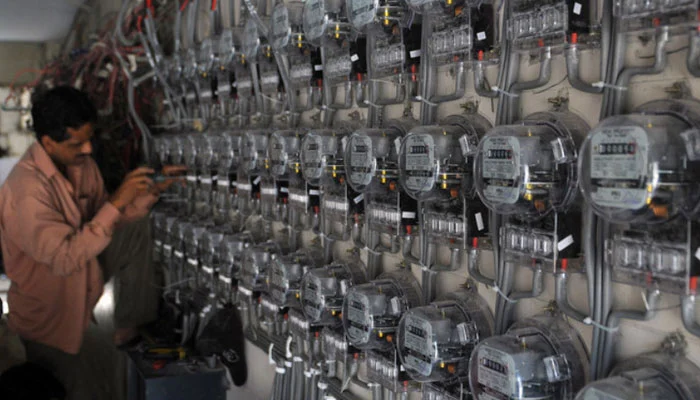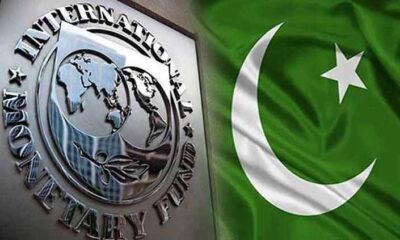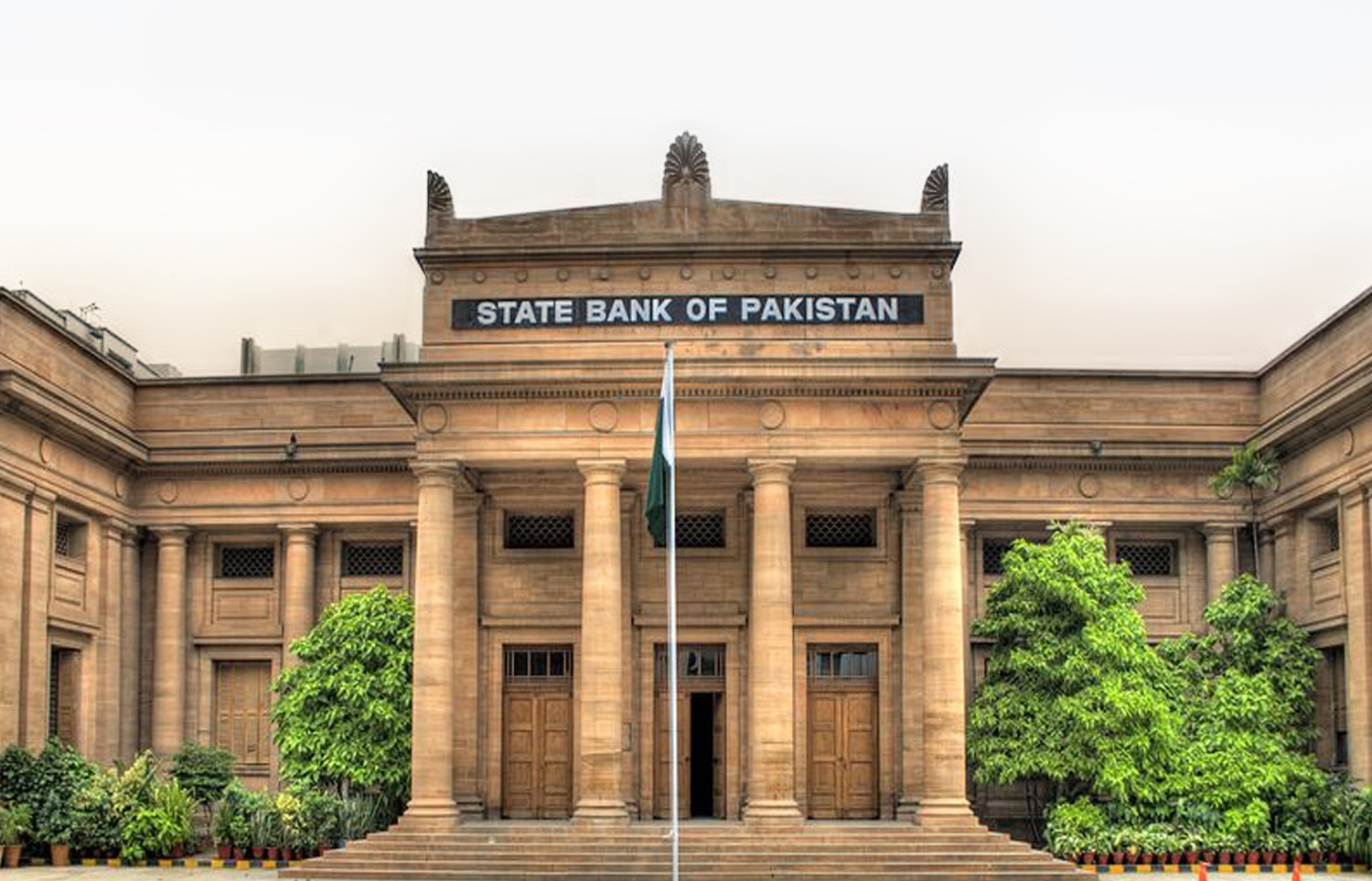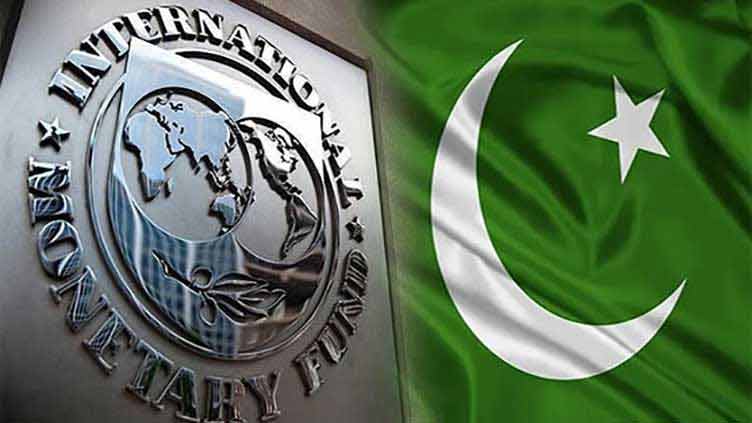Business
High electricity prices moving beyond consumers’ affordability: study
-

 Latest News20 hours ago
Latest News20 hours agoIn KP rain-related incidents, ten people died.
-

 Latest News21 hours ago
Latest News21 hours agoPunjab takes action against factories that generate smoke.
-

 Latest News20 hours ago
Latest News20 hours agoThe green colour of WhatsApp ‘angers’ some users.
-

 Latest News20 hours ago
Latest News20 hours agoThe nomination of Ishaq Dar as deputy prime minister raises concerns.
-

 Latest News20 hours ago
Latest News20 hours agoPM Shehbaz will meet with Saudi ministers and speak at the WEF special session today.
-

 Business20 hours ago
Business20 hours agoOver 500 points are lost by PSX stocks during intraday trading.
-

 Latest News20 hours ago
Latest News20 hours agoAudio leaks case: FIA, PTA, and PEMRA pleas seeking Justice Sattar’s recusal dismissed
-

 Business20 hours ago
Business20 hours agoDespite global tides, Pakistan’s economy is recovering, according to Governor SBP





















